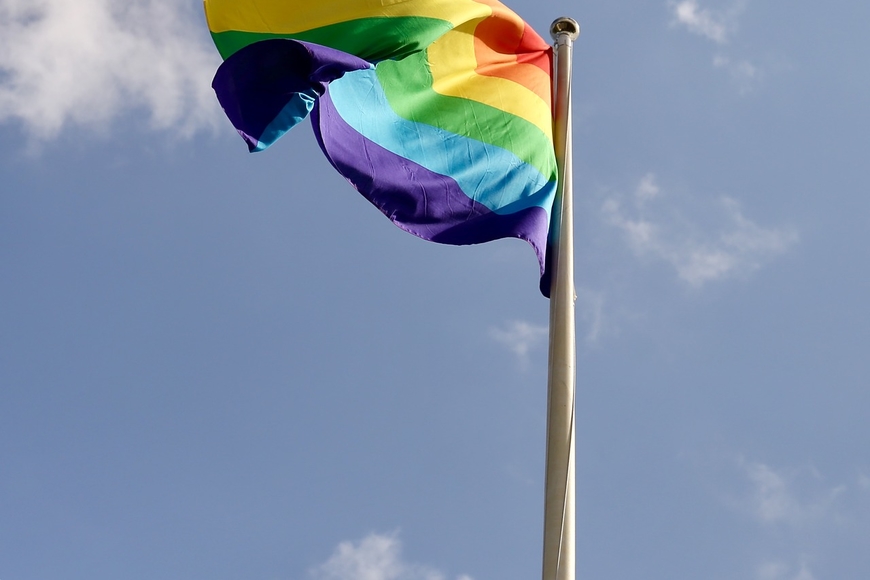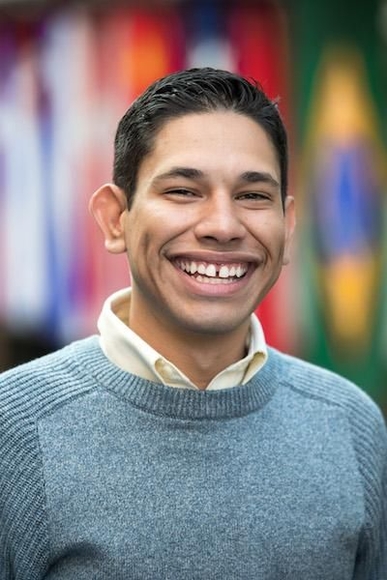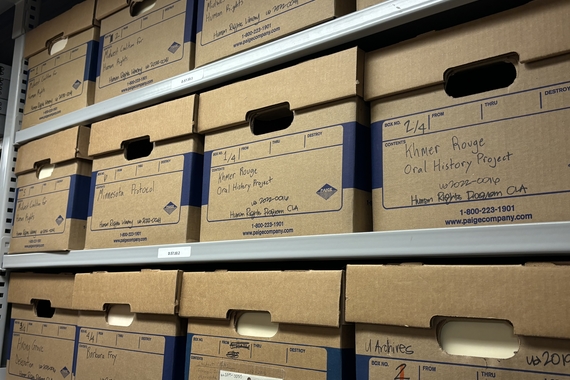Fact Finding: LGBTI Experiences in Kenya
Iván López-Justiniano is a second-year Master of Human Rights Student who spent winter break of 2019 working on LGBTI issues in Kenya.
Human Rights Program (HRP): Tell us about where you interned over break and what you worked on while you were there.
Iván López-Justiniano (ILJ): Over the month of January, I worked with different NGOs like The Eagles for Life and Sign Ishara in Kenya on the creation of a stakeholder report about LGBTI issues for the Universal Periodic Review of the United Nations. My work consisted of creating a survey that focused on the lived experiences of LGBTI individuals living in Kenya. Mostly the questions referred to their interactions with law enforcement and government officials, health care providers, vigilante groups, religious leaders, and members of society. The questions attempt to understand the human rights conditions of LGBTI individuals in Kenya to include in the stakeholder report.
As part of my fieldwork for this project, I was able to conduct 20 interviews with LGBTI individuals living in the areas of Migori, Kisii, and Homabay. In addition, I interviewed seven deaf LGBTI individuals living in Nairobi to highlight the experiences of those with intersecting marginalized identities in Kenya. I was also able to meet with different NGOs working on LGBTI issues in Kenya to collect data on human rights violations and understand the local context of LGBTI individuals. As part of my visit to Kenya, I presented at the Kisii University School of Law about Human Rights Fact-Finding, specifically on LGBTI human rights reports.
Over the course of the spring semester, I will be drafting a stakeholder report on LGBTI issues in Kenya to submit to the Universal Periodic Review of the United Nations. In this process, I will be supported by feedback from The Advocates for Human Rights, Professor Barbara Frey, John Vreyens, The Eagles for Life, Sign Ishara, and Kisii University School of Law.
HRP: What were a few major takeaways or lessons that you learned through your research?
ILJ: This was my first experience doing human rights work in the field, so there were many lessons learned that helped me connect what I have learned in the Human Rights Program with the real world. Human Rights fact-finding is one of my interests, therefore I was able to understand the complexities that come with this type of work.
I would say that one of my major takeaways from this experience was being able to recognize my own privilege in ways I have never understood or reflected on before. As an LGBTI individual myself I was able to connect with the people I interviewed while still maintaining a professional relationship. Hearing their stories and witnessing their resilience made me more passionate about my work.
I also learned how important planning in advance is in human rights fact-finding and how necessary it is to be able to work with a team, especially with locals. Without the people I worked with, I would have not been able to conduct my fieldwork successfully and gain the trust of the people I interviewed. Going to Kenya with an open mind and understanding that I was there to work and learn at the same time was essential to my work; asking questions and not pretending I knew everything really made a difference.
HRP: How was the research related to your course of study, and how do you think it will help you in your career?
ILJ: This research project was the perfect way of connecting my studies with the outside world. As a Masters of Human Rights Student, I have focused on qualitative research on issues that intersect with gender and sexuality and race and ethnicity. In courses like Qualitative Research Methods, Homophobia and Human Rights, and Human Rights Advocacy I gained the theoretical background I needed to conduct my research project, but it was this experience that made me connect what I had learned with actual hands-on human rights work.
Human Rights Fact-finding is one of the roles I see myself focusing on in the course of my career. Therefore, I think this opportunity guided me to see what my career will hopefully look like.
*Responses have been edited for clarity and length.




